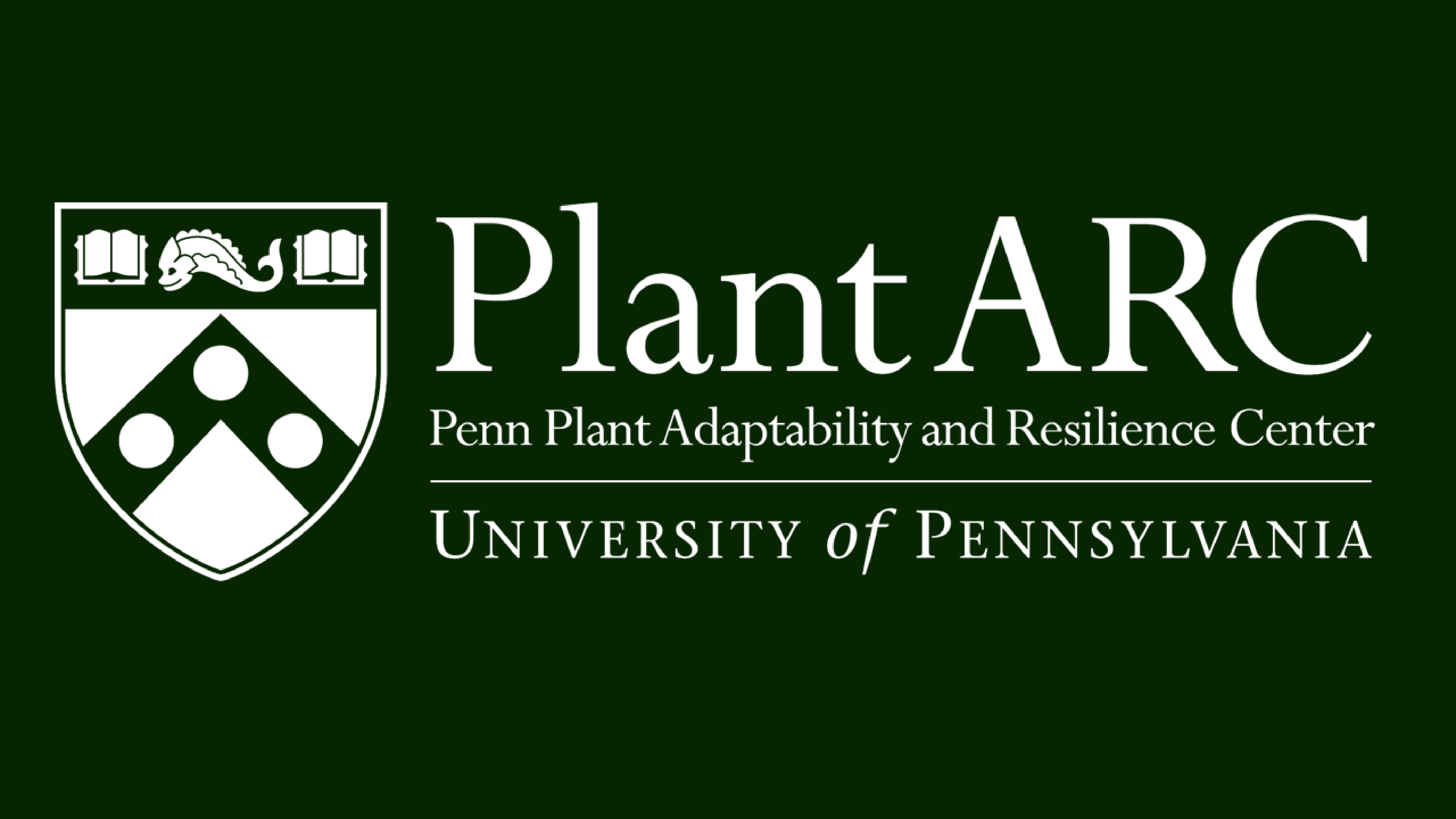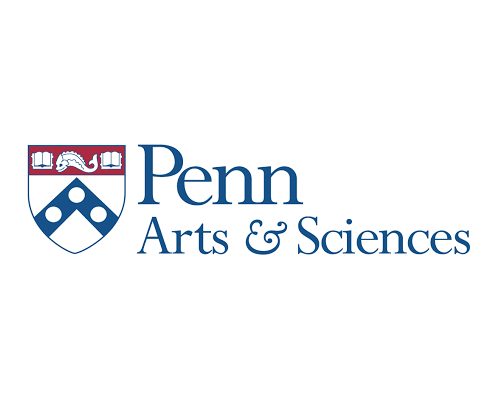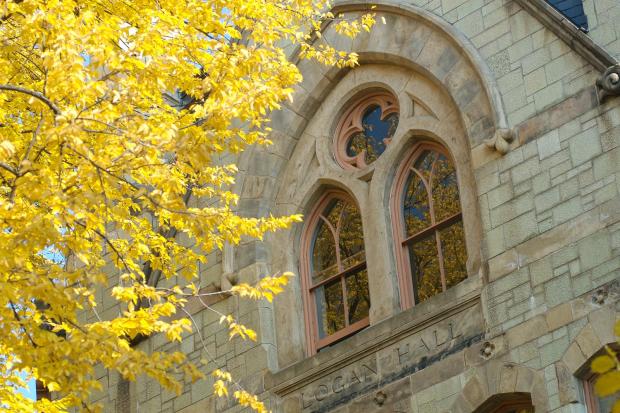Resilient Urban Food Systems
DumoLab, PennPraxis, and Penn Farm have partnered as part of the Environmental Innovation’s Initiative’s Resilience Urban Food Systems research community to prototype an outdoor classroom constructed from zero-waste materials. Aiming to demonstrate the feasibility of sustainable building techniques, the prototypes developed on-site will originate from diverse types of waste, including plant matter, landscaping debris, and food.
Led by Ellen Neises, executive director of PennPraxis, a team of interdisciplinary experts and students will transform waste from Penn Farm, Penn Dining, and Penn Urban Parks into valuable building materials for an outdoor classroom. Beyond leveraging the experiential learning opportunity of the urban farm on campus, this research community addresses the problem of increasing landfill methane emissions by diverting waste from landfills and repurposing it to produce low energy, emission, and cost buildings.
Penn collaborators:
- Laia Mogas-Soldevila, assistant professor of Architecture at the Weitzman School of Design
- Elliot Bullen, project manager, Weitzman School of Design
- Lila Bhide, Emylee Fleshman, Ezra Tischler, Penn Farm
- Doris Wagner, professor of biology, School of Arts & Sciences, and director of PlantARC
- Brianna Parsons, lecturer at the School of Veterinary Medicine,
- Alain Plante, professor of earth and environmental Science, School of Art & Sciences
- Michael Carroll, assistant director of the Fisher Fine Arts Materials Library

At the ARCH-7325 Biomaterial Architectures Elective led by Laia Mogas-Soldevila (DumoLab Director) and Yasaman Amirhzehni (MSD-AAD Graduate & DumoLab Senior Food Waste Researcher) students developed bio cladding systems from plant waste (Photo: DumoLab)
BioCladding from Campus Plant Waste
Six teams collaborated with DumoLab, PennFarm and PennPraxis by developing bio-based composites to provide cladding and furniture for a much needed outdoor classroom on the farm grounds, and with a wooden frame skeleton to be completed by Praxis by end of Spring 2026. Students collected inedible crop waste from seasonal sorghum, sweet peas, eggplant and okra at PennFarm and transformed it at DumoLab by drying, grinding, mixing with sustainable binders, digitally manufacturing water-based blends using 2.5D and 3D printing, molding and casting, and hybrid technologies, as well as devising post-processing techniques of site-specific environmental adaptation and durability. Outcomes comprise tables, stools, shingles, panels, air chambers, and bio-receptive tiles, and will be naturally weathered and monitored over Spring at the PennFarm to study their performance in outdoor and semi-outdoor conditions to later serve the Farm's classroom building cladding by Spring-Summer 2026.

Sample of biomaterial at the Penn Farm Exhibition (Photo: DumoLab)
Collaborators
Related News
“Our research community will seek to understand the prevalence of microplastics and PFAS in Philadelphia's water systems, how these emerging pollutants cooccur with each other and heavy metals, and whether these contaminants present an immediate threat to human and ecosystem health in our city.”
- Samantha McBride, Mechanical Engineering & Applied Mechanics, School of Engineering & Applied Sciences





